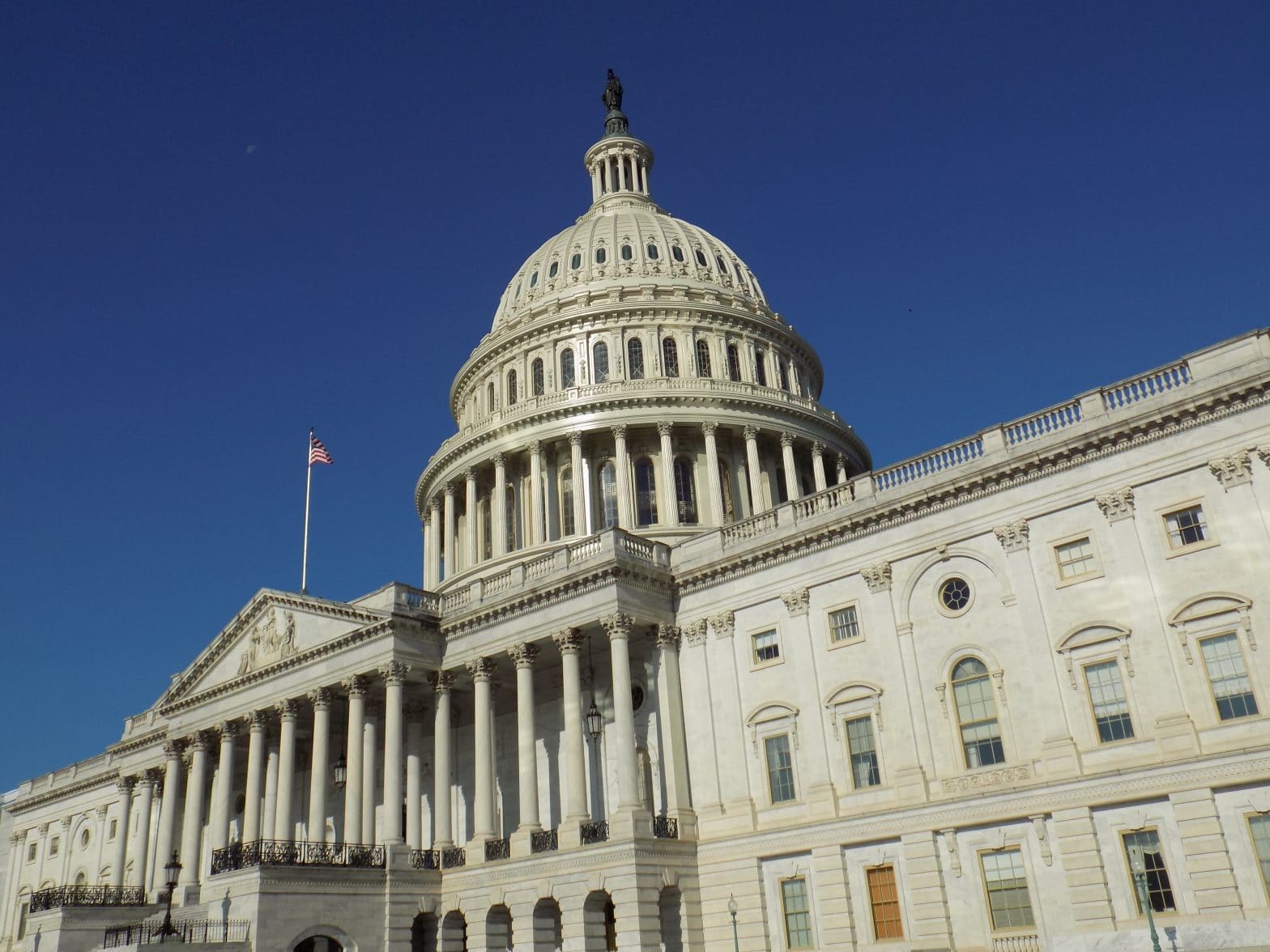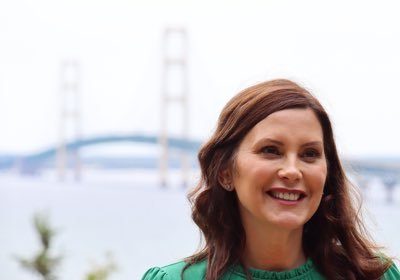Can Congress Defund Obamacare? SCOTUS Will Decide

WASHINGTON – It just might be the liveliest few minutes of the day in the Supreme Court press room.
Quietly getting up from their desks, the 20 or so reporters who call the high court beat home on a daily basis gather in the adjacent public information specialist’s office to await the “order list,” the daily distillation of what the justices has agreed or declined to hear in the coming term.
Once the list is in hand, a kind of respectful, slow speed mad dash ensues as the reporters quietly rush back to their desks to tell the world — not to mention their editors — what cases might dominate the news cycle for a day or more once justices reconvene for the 2019 term on October 7.
On Monday, the most noteworthy cases on the order list all revolve around the same issue: just how much power members of Congress have when they insert riders into appropriations bills.
To decide the issue, the justices consolidated three cases — Maine Community Health Options v. United States; Moda Health Plan, Inc. v. United States; and Land of Lincoln Mutual Health v. United States — that deal with $12 billion in payments to insurers for being part of the Affordable Health Care Act’s health insurance exchanges.
The central question in the cases is whether lawmakers opposed to the Act, also known as Obamacare, can essentially repeal it — or any law, for that matter — that obligates government payments — by later adding riders to a spending bill to prevent those promised payments.
In each of the cases, an insurance company is asking the justices to overturn a lower court ruling they claim will allow members of Congress to avoid a public debate over repealing a law and instead accomplish their goal under the radar, through the appropriations process.
The dispute focuses on a section of the law that required the government to reimburse health insurers for the “risk corridors” program for the first three years of the law. Insurance companies participated under the expectation they would be repaid.
A key provision of the health care law is Section 1342, which apportions to the federal government a specified share of insurer risk in setting premiums based on anticipated costs, a premium-setting process subject to state regulation.
Section 1342 goes on to provide that if, at the end of the coverage year, the insurer experienced higher-than-expected allowable costs, the government “shall pay” the insurer part of its excess costs.
Conversely, if an insurer experienced lower-than expected allowable costs, the law requires the insurer to pay the government a portion of the savings.
But the Republican-led Congress later used a rider in fiscal appropriations bills for 2015, 2016 and 2017 to prevent the Department of Health and Human Services from fully making those reimbursements, which GOP lawmakers dismissed as “bailouts” to the insurance industry.
The Trump administration has told the Supreme Court the health care law left the program unfunded, and therefore left for later the policy decisions on that program of whether and to what extent it should be funded.
“When Congress subsequently confronted those policy decisions in enacting appropriations acts for the relevant years,” the Justice Department wrote in the government’s response to insurers’ appeals, “it expressly and repeatedly prohibited HHS from using the only potential source of funds to make payments out other than payments in collected from profitable insurers under the risk-corridors program itself.”
Writing for his client in the Maine case, attorney Stephen McBrady, of Crowell & Moring LLP in Washington, said in his writ of certiorari that defunding the mandated payments from the federal government is tantamount to an “implied repeal” of the law itself.
“When this Court has used “intent” to describe the inquiry into whether Congress repealed an obligation, it has emphasized an intent drawn primarily from the text of the statute itself,” McBrady continued.
He argued that the Federal Circuit, the court that ruled against his clients, “misinterpreted this Court’s references to ‘intent’ to mandate that even where the statute does not reveal an irreconcilable conflict with the prior statute, the court must disregard the text and draw some independent conclusion about intent to repeal, as here from the legislative history.
“This Court has not so held, but the Federal Circuit’s rule will now control in cases seeking payment from the government,” McBrady said. “This Court should grant certiorari to reestablish that in considering implied repeals, statutory text is paramount, and that the presumptions against implied repeal, and against retroactive interpretations, apply with full force.”
Caroline Brown, of Brown & Peisch PLLC in Washington, was even more pointed in the writ she submitted on behalf of the Moda Health Plan, Inc..
“[I]f the only constraint on the government’s ability to induce massive reliance and then renege on its commitments is a political one, then it is imperative that Congress be forced to act clearly and with accountability,” Brown wrote. “It should not be allowed to have its cake and eat it too by making statutory promises disappear via mere implications in the legislative history of appropriations bills.
“Yet the decision [of the lower court, against her client] permits the government to make its reliance-inducing promises openly and clearly, and then issue its reliance-destroying reversals quietly and through indirection. That is a recipe for disaster that no decision of this Court does or should countenance,” Brown said.
The acceptance of the insurers consolidated appeals means the Supreme Court will return to the long-contentious issue of the health care law in the next term, in what could be the height of the 2020 presidential campaign.
As is their custom, the justices did not explain the rationale behind their decision to take up the case. They have allotted a total of one hour of oral argument to hear all three cases.
The cases are Maine Community Health Options v. United States, No. 18-1023; Moda Health Plan, Inc., v. United States, No. 18-1028; and Land of Lincoln Mutual Health v. United States, No. 18-1038.

























